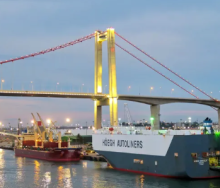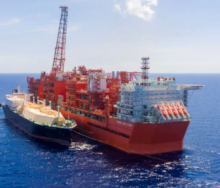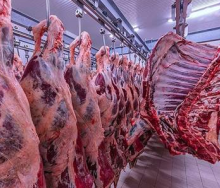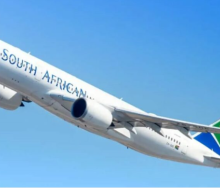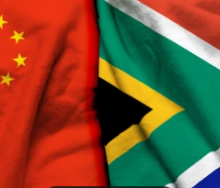South Africa’s inflation rate dropped below 3%, largely on the back of lower transport costs and food prices, according to the latest data released by Statistics South Africa on Wednesday.
Headline consumer inflation decelerated further to 2.8% in October, the lowest since February 2021, from 3.8% in September.
Nedbank Group Economic Unit economists Johannes Khosa and Nicky Weimar said in an economic update that the figure was lower than their and the market’s forecast of 3.3% and 3.2%, respectively.
“The downward pressure primarily stemmed from a sharp decline in transport costs. Food and non-alcoholic beverage prices also surprised to the downside,” said Khosa and Weimar.
Transport inflation fell further in October, down sharply by 5.3% year-on-year (y-o-y) after dropping by 1.1% in September. The downward pressure emanated from fuel prices which fell 5.3% month-on-month and 19.1% y-o-y due to the lower Brent Crude oil price and a firmer rand/dollar exchange rate.
Vehicle inflation also moderated, but public transport costs edged up slightly.
“Food and non-alcoholic beverages inflation surprised to the downside, falling to 3.6% after remaining steady at 4.7% in August and September. The moderation resulted from lower food prices, which eased to 2.8% y-o-y, its slowest pace since May 2019, with both processed and unprocessed food prices easing,” the economists said.
Within the sub-categories, the slowdown in prices was broad-based, including vegetables (2.4% from 6.8%), milk, eggs and cheese (4.1% from 6.9%), meat (0.5% from 0.9%), and bread and cereals (4.6% from 5.4%).
Prices of oils and fats continued to decline. However, inflation for non-alcoholic beverages bucked the trend, increasing slightly in October due to elevated prices of hot beverages (14.1%) and an acceleration in the price of cold beverages.
Housing and utilities inflation was unchanged at 4.8%, the lowest since June 2023. Actual rent and owners’ equivalent rent, maintenance and repairs and water and other services costs were steady.
Electricity and other fuels remained elevated but edged down slightly to 11.4% from 11.5%. Prices of miscellaneous goods and services decreased further to 6.8% from 6.9% and 7% in September and August, respectively. The moderation resulted from lower personal care costs (4.6% vs 5.2%), while the increases in insurance and financial services were steady.
Khosa and Weimar said the bank expected headline inflation to start edging up next month and throughout next year as the base normalised.
“Fuel prices will also increase due to slightly higher global oil prices and a weaker rand. In November, the price of Brent crude rose by more than 1% m-o-m, and the rand lost ground against the firmer US dollar, which rallied after Donald Trump won the US elections,” the economists said.
“Food prices will also increase as the impact of drier weather conditions earlier in the year continues to filter through to certain food items. However, global disinflation and favourable climate conditions will partly mitigate the upside in food inflation.”
Improved domestic operating conditions due to a stable electricity supply and further efficiency gains in logistics should also help contain input costs and operating expenses throughout the food supply chain.
“We forecast inflation to end the year just below 4% and to average 4.5% in 2024. The upside risks to our forecast have increased somewhat over the past month. The most significant concern is the likely change in US economic policies during the next four years during Donald Trump's administration, which will pressure the rand,” the economists said.
“The persisting geopolitical tensions around the oil-producing regions could disrupt the supply channels, resulting in a renewed surge in the oil price. High wage settlements and the possibility of higher-than-expected electricity tariffs and other administered prices could also exert some upside pressure.”
Khosa and Weimar said the economic recovery was unlikely to lead to significant demand pressure on prices.
“Despite these risks, the inflation outlook remains relatively subdued, with CPI expected to hover around the SARB’s 4.5% target. Consequently, we expected the SARB to cut interest rates by 25 bps tomorrow, followed by a further 75 bps reduction in 2025,” the economists said.

